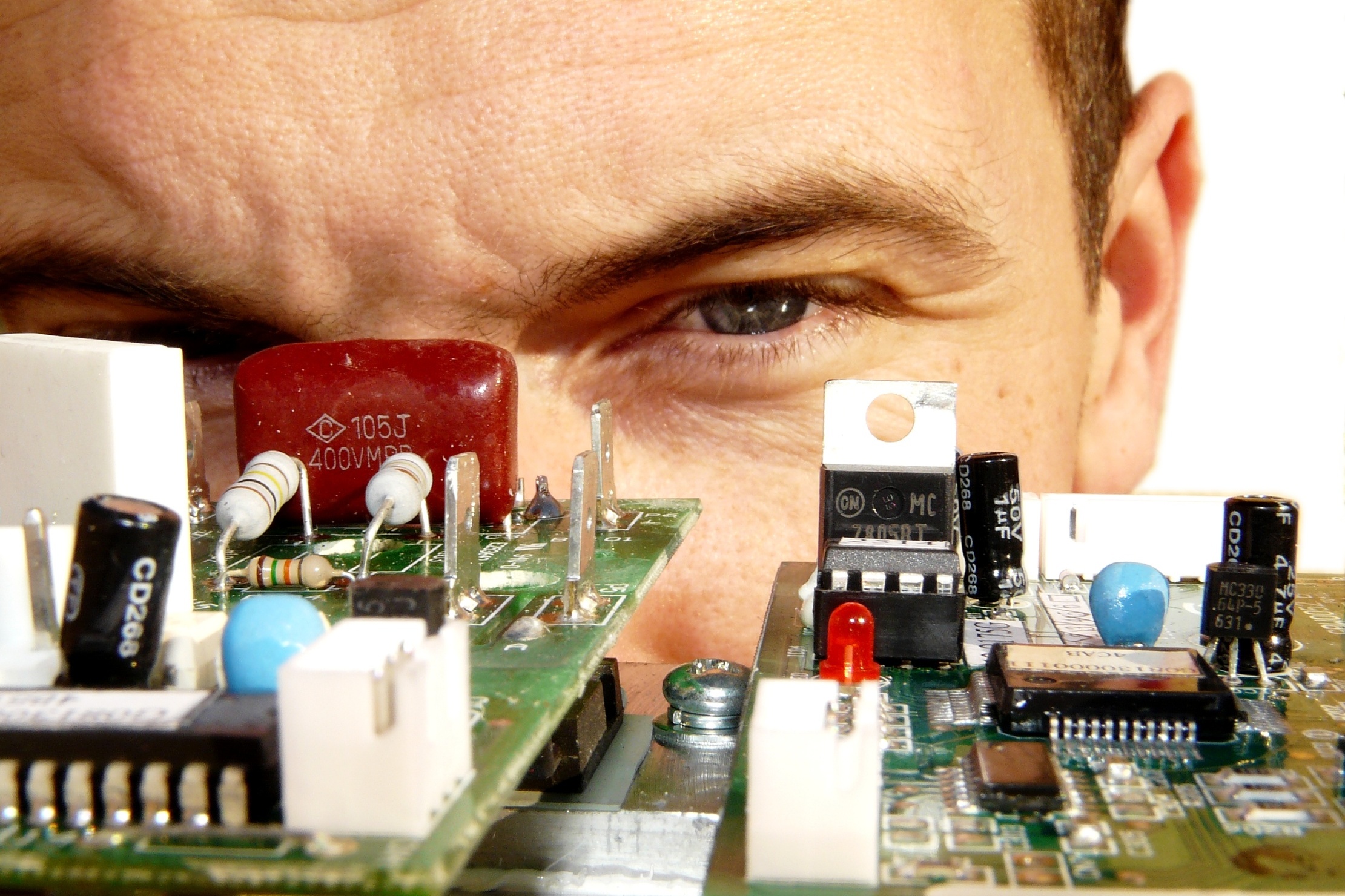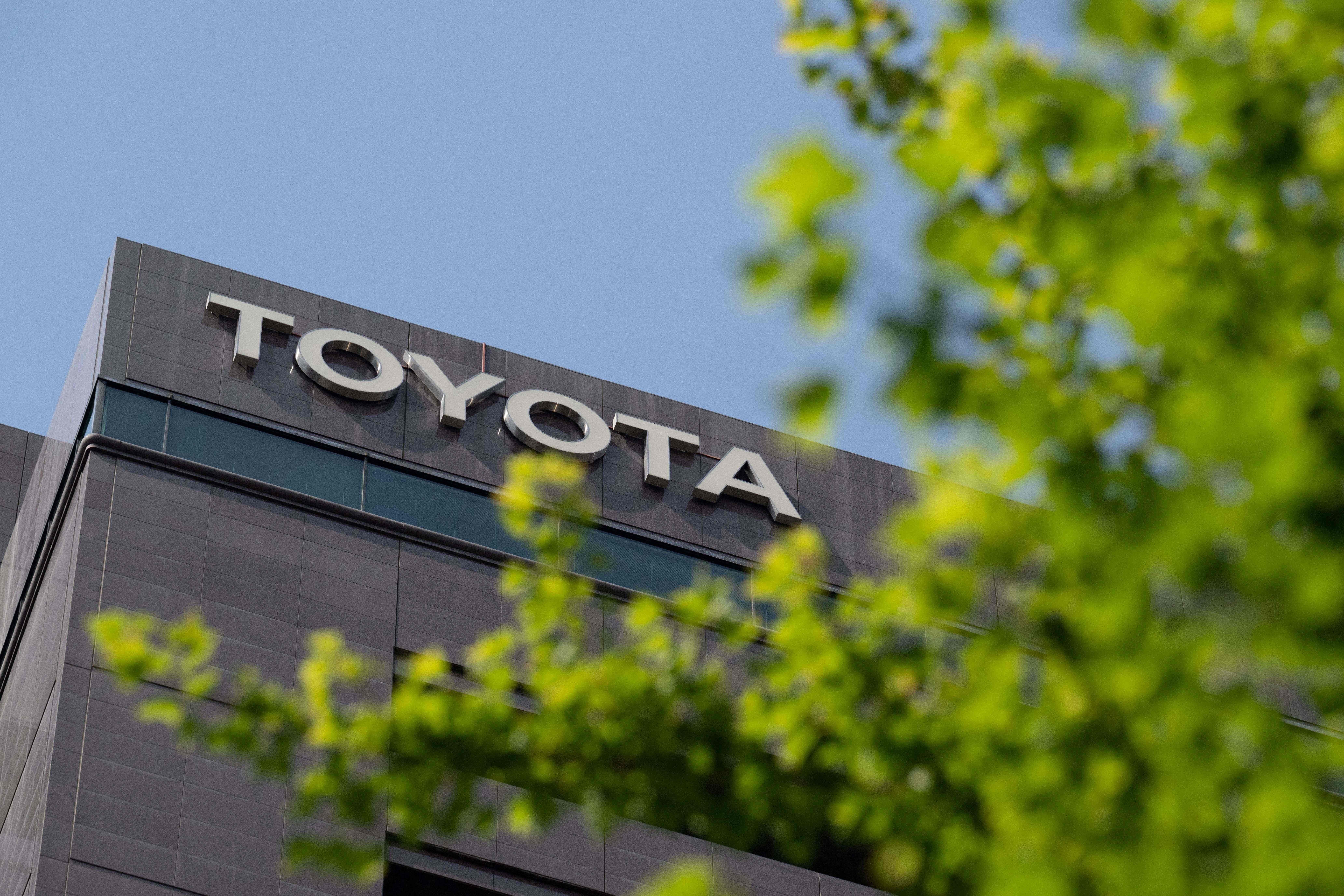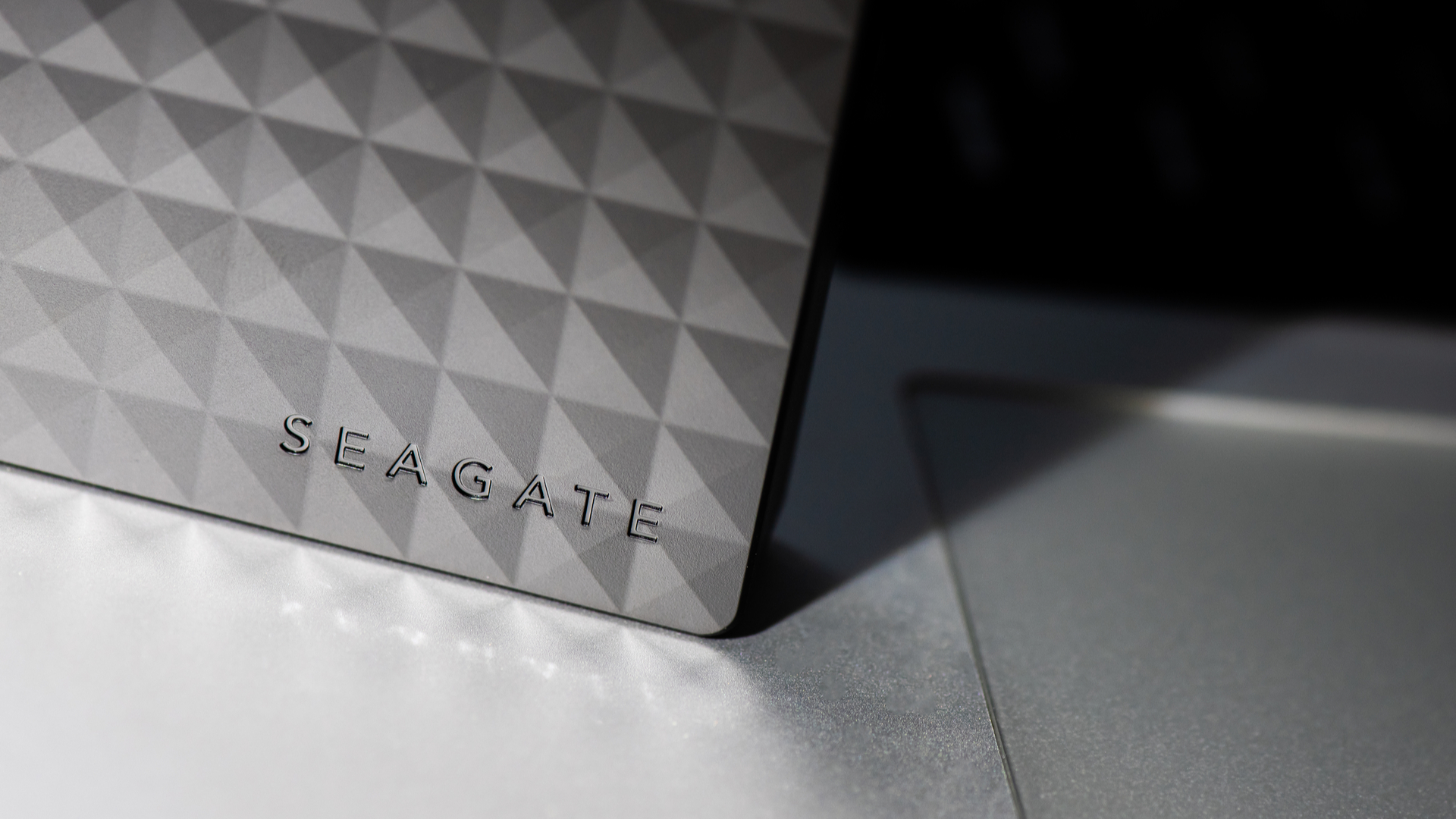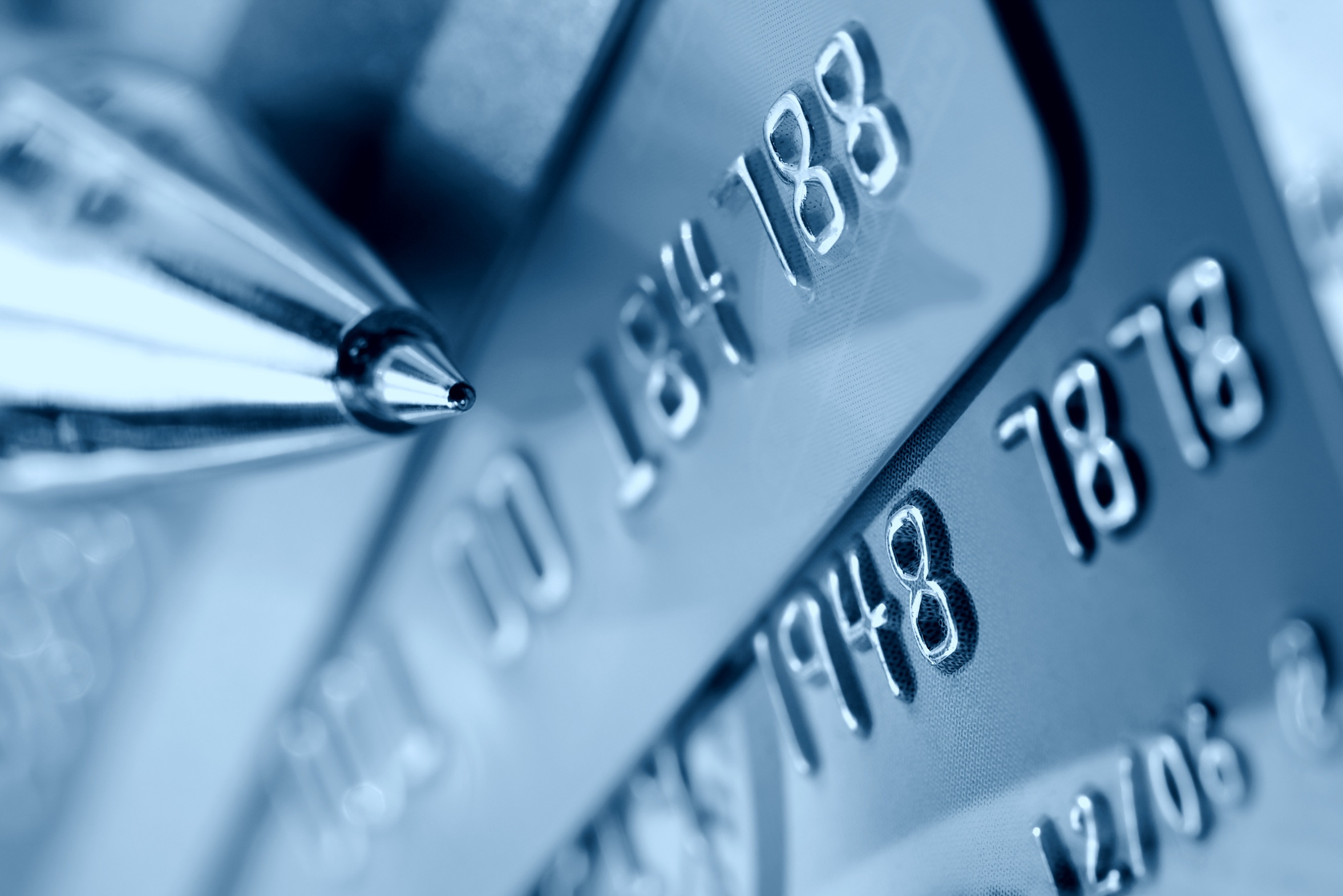Is smashing your hard drive really necessary?
Experts have advised that there are better ways for businesses and consumers to clear data from storage devices.

Destroying your hard drive with a hammer was the best way to avoid your data falling into the wrong hands when throwing away your computer, a study has advised.
Which? Computing issued the advice after it learned that identity thieves were looking through council tips and internet auction sites like eBay to find discarded PCs and laptops.
The magazine claimed thieves would use specialised software to recover the data deleted by the original owner, letting the thieves commit acts like credit card fraud.
Which? Computing editor Sarah Kidner said: "It sounds extreme, but the only way to be 100 per cent safe is to smash your hard drive into smithereens."
However, some experts and vendors have suggested that smashing hard drives to destroy data was expensive, environmentally damaging and completely unnecessary.
Data backup and software recovery vendor Acronis said that the study completely ignored the fact that there were "ultra-effective" disk cleansing solutions available, which had been used by government agencies and big corporate companies.
"In the current economic climate, individuals and businesses across the UK are choosing to re-use, re-cycle or donate older laptops. Wiping hard drives securely is a simple process and costs just a few pounds," it said in a statement.
Get the ITPro daily newsletter
Sign up today and you will receive a free copy of our Future Focus 2025 report - the leading guidance on AI, cybersecurity and other IT challenges as per 700+ senior executives
"Laptops or PCs can now be safely passed onto a new colleague, sold to a third party, or donated to a charity such as Computers for Africa."
Graham Cluley, security expert at Sophos, agreed that smashing your hard drive wasn't necessary. He claimed that it was very easy to think that you had destroyed a hard drive when in fact you hadn't, as it was possible to extract data from severely damaged hard drives.
He said: "You are probably going to do more damage to yourself taking a sledgehammer to a hard drive than the chances perhaps, of your data being stolen, with bits lying here there and everywhere."
-
 Bigger salaries, more burnout: Is the CISO role in crisis?
Bigger salaries, more burnout: Is the CISO role in crisis?In-depth CISOs are more stressed than ever before – but why is this and what can be done?
By Kate O'Flaherty Published
-
 Cheap cyber crime kits can be bought on the dark web for less than $25
Cheap cyber crime kits can be bought on the dark web for less than $25News Research from NordVPN shows phishing kits are now widely available on the dark web and via messaging apps like Telegram, and are often selling for less than $25.
By Emma Woollacott Published
-
 Server maintenance blunder shut down 14 Toyota manufacturing plants, firm admits
Server maintenance blunder shut down 14 Toyota manufacturing plants, firm admitsNews The system failure marks the third IT-related blunder for Toyota in the space of six months
By Ross Kelly Published
-
 Rethinking data protection in the age of hybrid cloud
Rethinking data protection in the age of hybrid cloudSponsored With HPE GreenLake, businesses can combine the speed of local backups with the flexibility of the cloud, all in a single data protection solution
By ITPro Published
-
 Seagate unveils 18TB data centre hard drive
Seagate unveils 18TB data centre hard driveNews The scalable Exos X18 drive helps businesses tackle ever-increasing volumes of data
By Keumars Afifi-Sabet Published
-
 TikTok to open first European data centre in Ireland
TikTok to open first European data centre in IrelandNews The move could signify a desire to shift its operations away from the US as well as secure its position in the European market
By Sabina Weston Published
-
MPs in a muddle over GDPR and storing voters' personal data
News Labour MP Chris Bryant says his staff were told to delete constituents' data
By Bobby Hellard Published
-
 Trump resort will not be charged for breaching data laws
Trump resort will not be charged for breaching data lawsNews Presidential hopeful's Scottish golf course failed to register under the Data Protection Act for four years
By Adam Shepherd Published
-
 Banks urged to share data but warned over security
Banks urged to share data but warned over securityNews Experts voice concern over security of open API recommendations
By Rene Millman Published
-
 EU centralises European open data through one portal
EU centralises European open data through one portalNews Open Data Portal will enable public sector bodies to share information
By Rene Millman Published